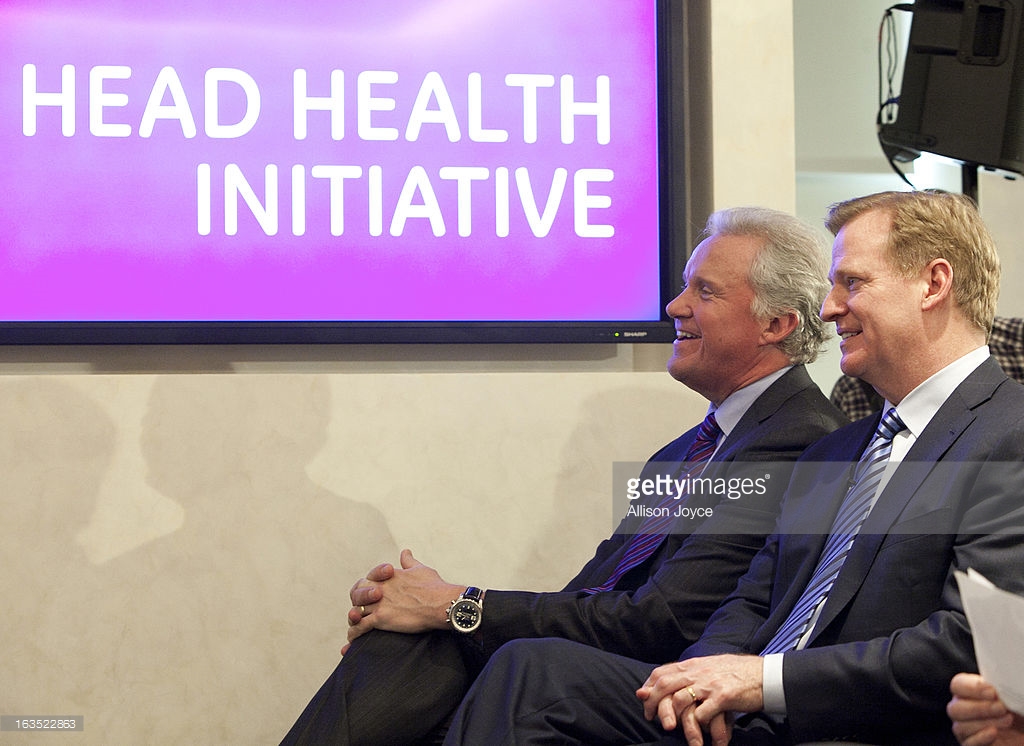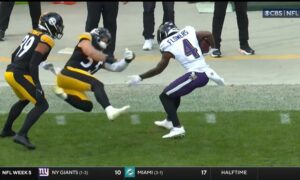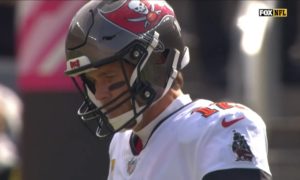This may come as no surprise, but once again, the NFL is coming under fire for what appears to be an attempt to impede impartial efforts to further concussion research, this time through efforts to influence the manner in which funding that they supplied to the government’s National Institutes of Health would be used.
More specifically, the league objected to the fact that of their $30 million expenditure in what is being described as an “unrestricted gift” to the NIH, roughly $16 million was issued as a grant to a Boston University research group, whose bid was chosen by the Institute for the proposal to study the ability to detect signs of chronic traumatic encephalopathy (CTE) in living patients.
The Boston University group is led by a leading researcher in the field by the name of Robert Stern, who has also been an outspoken critic of the league’s handling of concussion issues, and submitted a 61-page affidavit on behalf of a group of retired players who were opposed to a recent concussion lawsuit settlement in 2014.
While the very nature of the grant process for the NIH is such that it must by nature be impartial and not influenced by those supplying the grant funding, it would not be unreasonable for the league to at least raise an eyebrow over the fact that such funding that they supplied was being given to a perceived outspoken critic, and they indeed raised concerns of bias—also noting that a colleague of Stern’ and one of the grant reviewers once appeared on a scientific paper.
But the issue goes far deeper than that, starting with the fact that the league fully agreed to the funding knowing well in advance the nature of the study. The issue is not simply that Stern was awarded the funding, but also their ‘their guy’ did not.
More specifically, a competing grant proposal was submitted by a separate group of researchers, some of whom were affiliated with the NFL and serve on the league’s Head, Neck and Spine Committee. Among those was Richard Ellenbogen, who in turn became one of the most prominent league voices, ironically, issuing concerns of Stern’s bias.
Weigh that in your head, for a moment. Ellenbogen, employed by the league and serving on the Head, Neck and Spine Committee, who was part of a group of researchers who submitted a losing proposal for the grant funded by the league, was a leading voice in raising concerns of bias about the recipient of the grant, who has been a voice of dissent against the league’s history of obstructing concussion research.
Even after the grant went through, the league repeatedly attempted to funnel their $16 million funding to other groups of their control, among them Ellenbogen’s proposal. Funding of these groups would not be subject to the NIH’s peer-review process.
For the NIH’s part, the NFL’s efforts to intervene in this process was viewed as unprecedented in their history, and was the subject of a Congressional investigation. All of the information supplied above is the product of that investigation, which issued its report on the findings yesterday.








